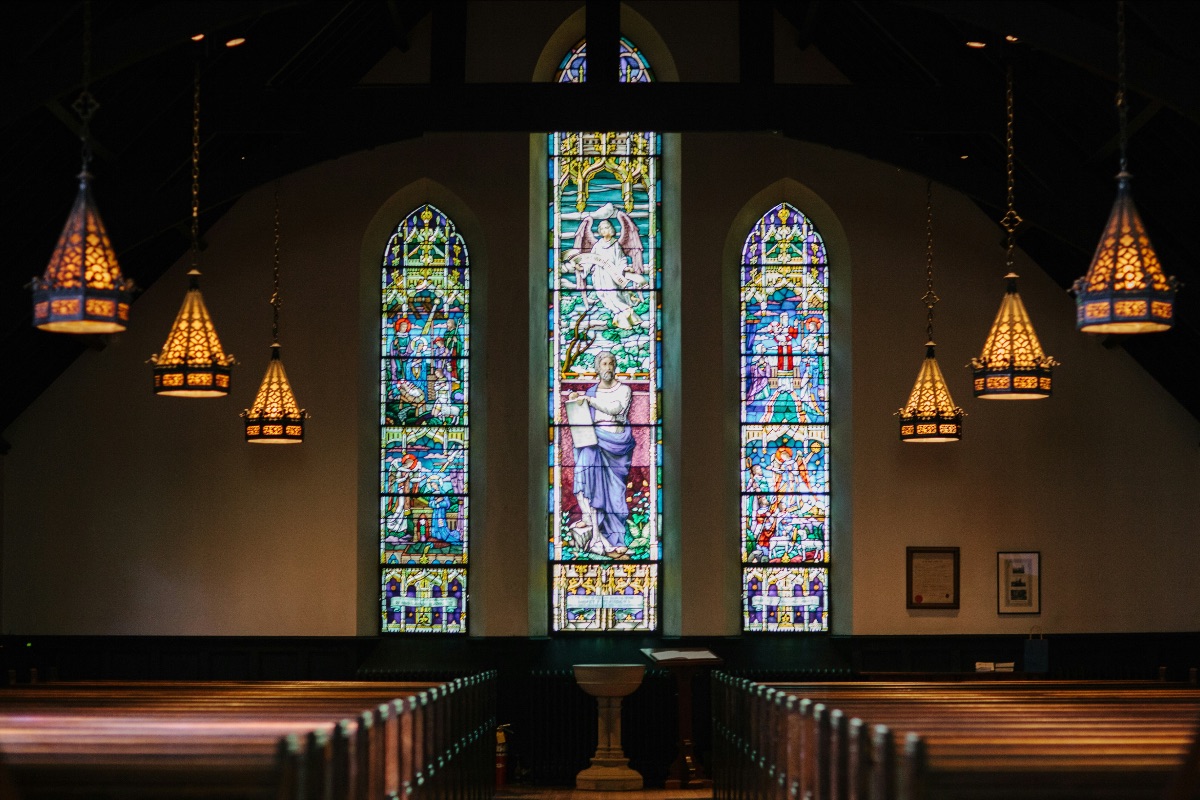Written by Keith Doornbos
December 30, 2020

Life is changing for the North American church. For decades the church held a position of privilege in society. That position is eroding. The church is presently on an early journey from center to circumference. That’s not all bad, of course. Jesus himself chose to do ministry from the edge of society selecting Galilee over Jerusalem as the epicenter of his movement (see John 1:46). As the church moves from center to circumference, she will trade privilege for influence. The good news is that influence, especially the influence of love, is closer to the ethic of the Kingdom than is the strong arm of privilege. But if the church is going to thrive on the edge, she will have to learn important lessons.
Here are 7 lessons the church must learn to thrive on edge:
Lesson 1: Learning How To Proclaim The Gospel Without Preaching “Worm Theology”
The Good News of salvation by grace through faith ushering in eternal life and God’s creation-wide shalom is the greatest gift we have to offer the world. The church must focus her message on this Gospel without focusing on our depravity (or, as the old hymn says, “for such a worm as I”). In other words, grace must be bathed in graciousness.
Lesson 2: Learning How To Embrace Hospitality Without Compromising Convictions
To be influential on the edges of society means loving edgy people. The church must be unusually hospitable loving everyone no matter their story. But hospitality must be balanced with a gracious biblical ethic. The church should gladly welcome everyone in so that everyone can wrestle with God’s Word and be challenged by God’s Spirit.
Lesson 3: Learning How To Embrace Societal Concerns Without Losing Our Center
If the church is to be influential on the edge of society, she must address pressing concerns in society. She must be a voice for justice, fair distribution of resources, care for the marginalized and concern for the environment. At the same time, this must be guided by Gospel hope and a biblical world view that trusts in the care of a good and gracious God.
Lesson 4: Learning How To Embrace Scarcity Without Losing Creativity
As the church moves from center to circumference, she will have to learn to think creatively about doing a lot with a little. She will have to trade resources for resourcefulness knowing that the Kingdom is like a mustard seed where small investments can grow into places of great refuge. Scarcity will demand equipping members for ministry.
Lesson 5: Learning How To Embrace Partnerships Without Overlooking Gospel Opportunity
The church on the edge must learn to do ministry “with” neighbors rather than “to” neighbors. This partnership of church and community will produce surprising outcomes and build meaningful friendships. These friendships will, in turn, produce opportunities to share the “hope that is within us.”
Lesson 6: Learning How To Embrace Winsomeness Without a Concern For Numbers
The church must learn to live such good lives before unbelievers that they see our good deeds and praise God (I Peter 2:12). The concern must be reputation more than attendance. Our concern should be making goodness attractive.
Lesson 7: Learning How To Be Constantly Present Without Succumbing To Burn Out
The church living on the edge must learn how to be the constant presence of Christ’s light and love in the community without growing weary in well-doing (Galatians 6:9). Incarnational living was how the church first turned the world upside down and will do so again if we can integrate Gospel-living into every aspect of daily living.
Latest Articles

Perfectly Wrong

Learning To Love the Institutional Church

How To Keep A New Vision Alive

In Defense of Church Growth

A Failure of Discipleship?

The Disengagement Crisis At Church

Those Were The Days

Seven Ways to Get Your Church Unstuck



